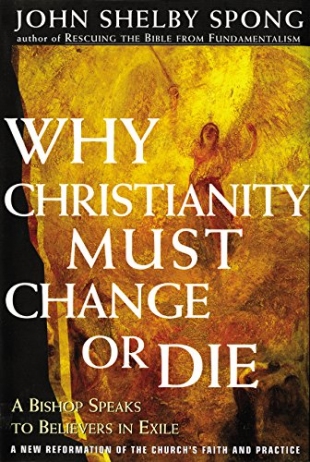The spiritual tone for this book is set when John Shelby Spong, the bestselling author and Episcopal bishop of Newark, New Jersey, thanks his fundamentalist critics for identifying him as "a resource for the religious seekers of our world who yearn to believe in God but who are also repelled by the premodern literalizations that so frequently masquerade as Christianity." He speaks to those who thirst for a church that is not fearful of inquiry, freedom, and knowledge.
In place of theism's emphasis on an external, personal, supernatural, and invasive God, Bishop Spong suggests recognizing the reality of God through images such as the Ground of All Being and the Source of Love. Instead of Jesus the rescuer, he prefers Christ the spirit person. Instead of praying to a faraway God, Spong posits the radical idea that praying and living fully, richly, and deeply are the same thing. Instead of traditional worship, the author envisions activity marked by "the self-conscious awareness that all of us are or can be God bearers and life givers." And instead of the thirteenth century understandings of heaven and hell, he unspools his own beliefs about eternity. While Bishop Spong says he is addressing "believers in exile," he actually asks all the right questions of the Christian establishment.
